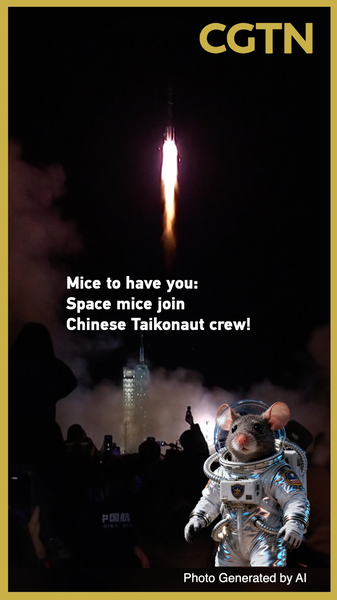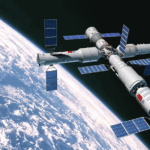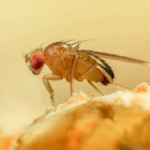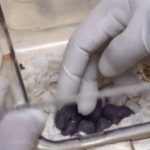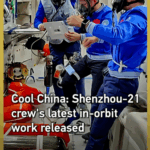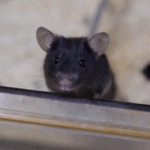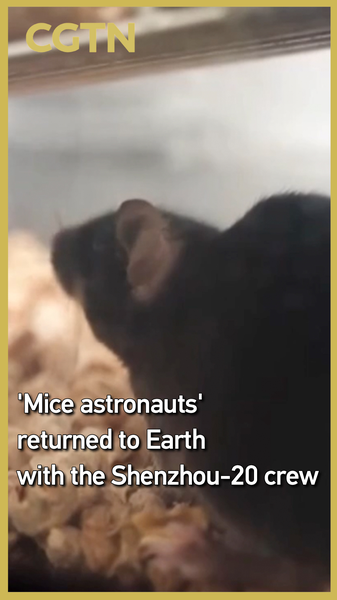In a pioneering leap for space research, four specially selected mice have joined the Shenzhou-21 crew aboard China's Tiangong space station, marking a new chapter in orbital biotechnology experiments. The rodents, carefully bred for adaptability to microgravity, will participate in studies aimed at advancing human understanding of long-term space habitation and its physiological effects.
Science Meets Survival in Orbit
The mice will undergo real-time monitoring to assess changes in metabolism, muscle atrophy, and bone density under zero-gravity conditions. These experiments could unlock critical insights for future crewed missions to the Moon and beyond, while simultaneously contributing to medical research on Earth, particularly in aging and mobility disorders.
A Collaborative Cosmic Laboratory
While the Chinese mainland leads this initiative, international researchers have expressed interest in the project's findings. The Tiangong station continues to solidify its role as a hub for multinational scientific cooperation, with 15 countries already participating in its experimental programs since 2022.
Reference(s):
cgtn.com
